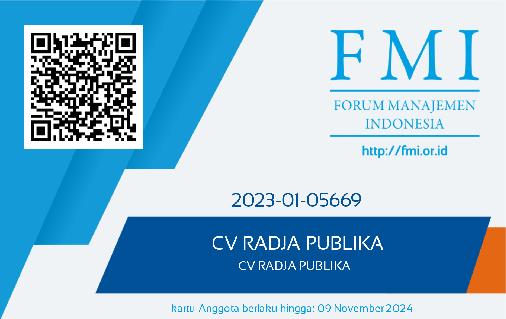COLLECTIVE ZAKAH INITIATIVES IN KERALA
DOI:
https://doi.org/10.54443/jaruda.v2i4.150Keywords:
Keywords: Zakah management, Socio economic welfare, Poverty eradication, Social justice, Inclusive development and Collective system.Abstract
Abstract:
This article examines the evolution of Zakah management in Kerala, India, within a secular context. It traces historical developments, highlighting the transition from individualized charity to organized Zakat systems. Through survey findings, it explores contemporary practices and challenges, emphasizing the need for improved collection and disbursement strategies. Despite diverse approaches to Zakat calculation and distribution, there is a prevalent satisfaction with Zakat committees' performance. The article underscores Zakat's potential beyond the Muslim population, noting its impact on socio-economic welfare. It advocates for collective, structured Zakah systems to enhance efficiency and maximize the impact of Zakat in addressing socio-economic challenges and promoting community welfare in Kerala.
References
Abdul-Rahman, Haneef. "Zakat Management in India: An Overview." International Journal of Zakat, 2, no. 1 (2017): 73-86.
Ahmad, Irfan. "Zakat Administration in India: Past, Present, and Future." Islamic Economics and Finance in India: A Modern Perspective (2015): 180-197.
AL-ABDIN, A.-T. Z. (2003). The Disbursement of Zakāh. Islamic Studies , Vol. 42, No. 1 (Spring 2003), pp. 127-13
Al-Khayyat, Abdul Karim. "Zakat Institutions in India: A Case Study." Islamic Economic Studies, 14, no. 2 (2007): 47-79
Ashiq, Ubaid Mushtaq “The Convergence of Crowd Funding and Zakat System in India: An Integrated Approach for Human Welfare” Journal of Islamic Economics, Finance, and Banking Vol. 3, No. 1, Juni 2020, pp. 27-36, ISSN p:2622-4755 e:2622-4798
GOI (2011). Census of India 2011.Registrar General and Census Commissioner of India, Ministry of Home Affairs, New Delhi, India.
Ibrahim, P. Economics in an Islamic Perspective (Malayalam). Calicut, Kerala: Al Hudha Book Stall, 1991.
Isahaque A., & Zulkarnain A., H., (2014) “Zakat as a Poverty Reduction Mechanism Among
Islam, S. K. (2019, May 20). Role of Zakat in Poverty Alleviation. The Daily Star
Qardawi. (1999). FIQH AL ZAKAH Volume 1 (Translated in English by Dr.MonzerKahf). Jeddah: Scientific Publishing Centre King Abdulaziz University, Jeddah Kingdom of Saudi Arabia.
Qardawi. Fiqh Al Zakat Volume 2. Jeddah: Scientific Publishing Center King Abdulaziz University Jeddah, Saudi Arabia
Rahman, Mohammad Habibur, and Mohd Akram. "An Overview of Zakat Management in India: Prospects and Challenges." Indian Journal of Public Administration, 65, no. 1 (2019): 156-172.
Rahman, Mushfiqur. Zakat Calculation. The Islamic Foundation UK 2003
Rahmani, A. (2019). Status of Zakat in India today... Retrieved June 30, 2019, from The Milli Gazette: http://www.milligazette.com/Archives/15-1-2000/Art18.htm
Siddiqui, Mohammad Tariq. "Zakat Management and Poverty Alleviation: Evidence from Indian Muslim Community." Islamic Economic Studies, 28, no. 2 (2020): 73-88.
the Muslim Community: Case Study of Bangladesh, Malaysia, and Indonesia” Asian Social Work and Policy Review Vol.8, 59–70.
Downloads
Published
How to Cite
Issue
Section
License
Copyright (c) 2024 Rosina Padayanvalappil, Dr. C P Shaheed Ramzan

This work is licensed under a Creative Commons Attribution 4.0 International License.
























